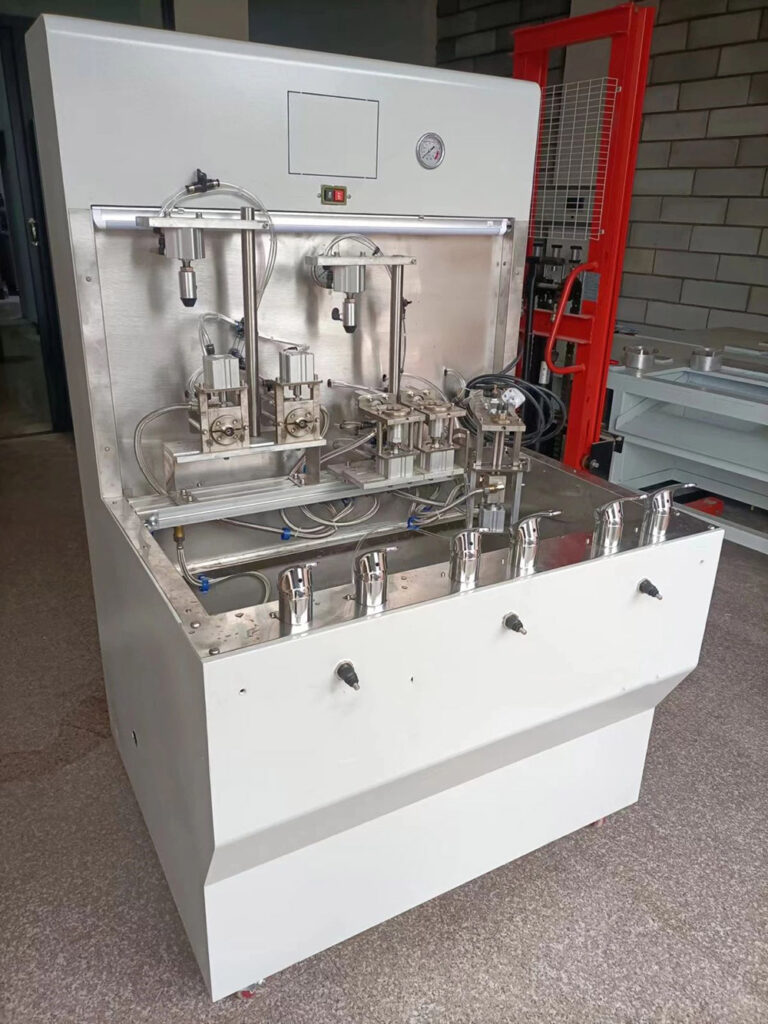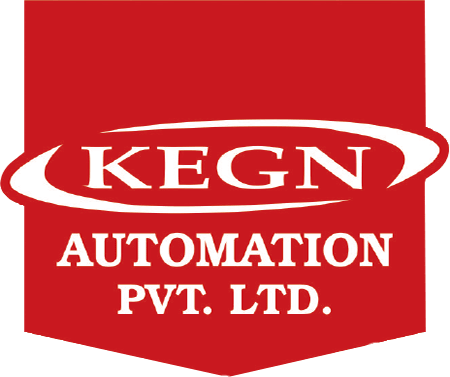Assembly Testing Machine
An assembly testing machine, also known as an assembly tester or assembly test system, is a specialized piece of equipment used to test the functionality, performance, and quality of assembled products or components. It is designed to automate the testing process and ensure that the assembly meets specified standards and requirements. Assembly testing machines are commonly used in various industries, including manufacturing, electronics, automotive, aerospace, and more.

Here are some key features and functions typically found in assembly testing machines:
Test Automation: Assembly testing machines are equipped with automation capabilities to streamline the testing process. They can perform a series of predefined tests automatically, eliminating the need for manual testing and reducing human error.
Customizable Test Sequences: These machines allow for the creation and customization of test sequences specific to the assembly being tested. Test parameters, criteria, and thresholds can be set based on the product’s specifications and testing requirements.
Sensors and Measurement Devices: Assembly testing machines incorporate various sensors and measurement devices to capture and analyze relevant data during testing. These may include force sensors, torque sensors, pressure sensors, temperature sensors, vision systems, and more. The collected data is used to evaluate the performance and quality of the assembly.
Functional Testing: Assembly testing machines can perform functional tests to verify that the assembly operates as intended. This may include testing electrical functionality, mechanical movements, fluid flow, or other specific functional aspects based on the product’s design and purpose.
Performance Testing: These machines can assess the performance of the assembly under different operating conditions. For example, they can subject the assembly to temperature variations, vibration, load, or stress tests to ensure its durability and reliability.
